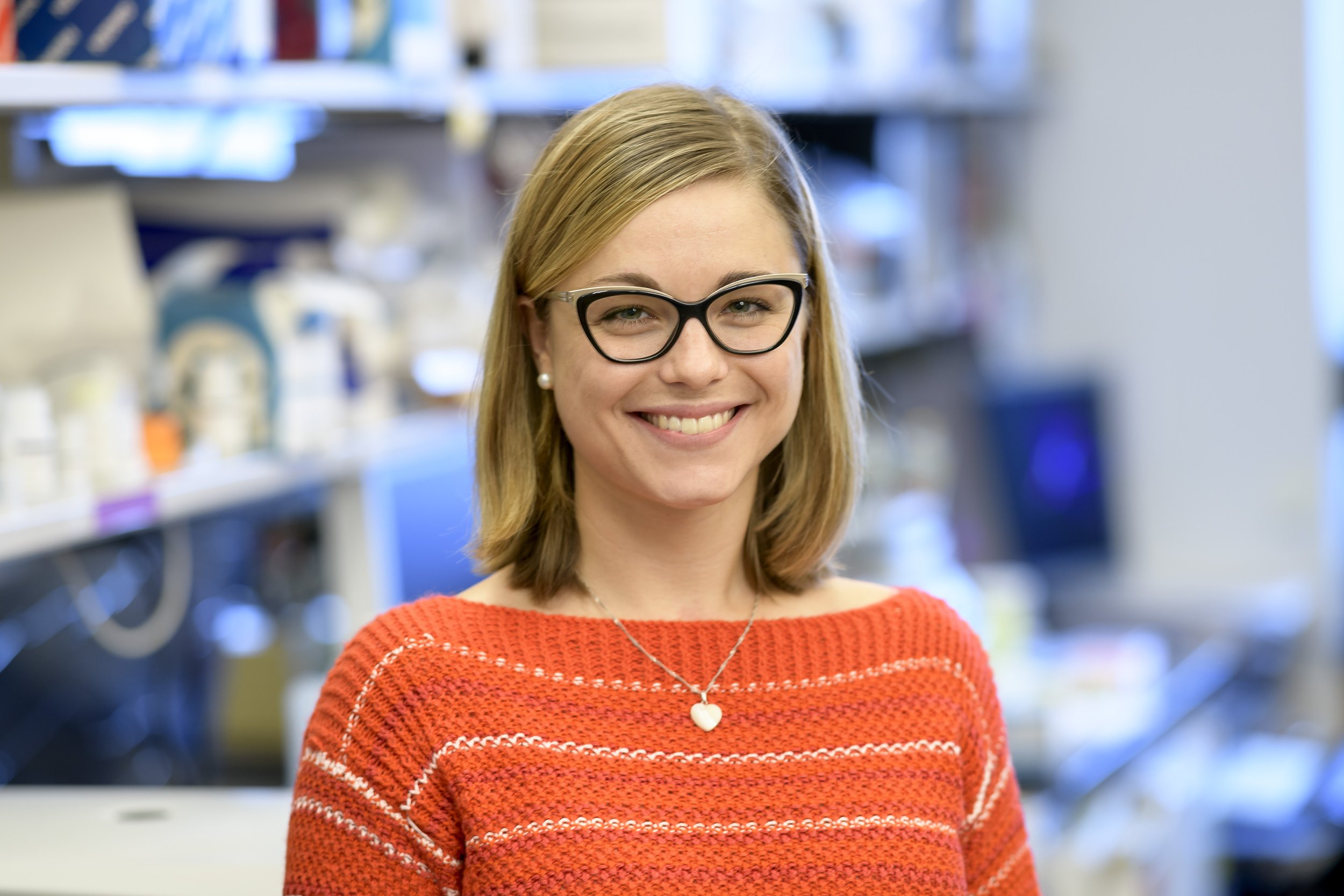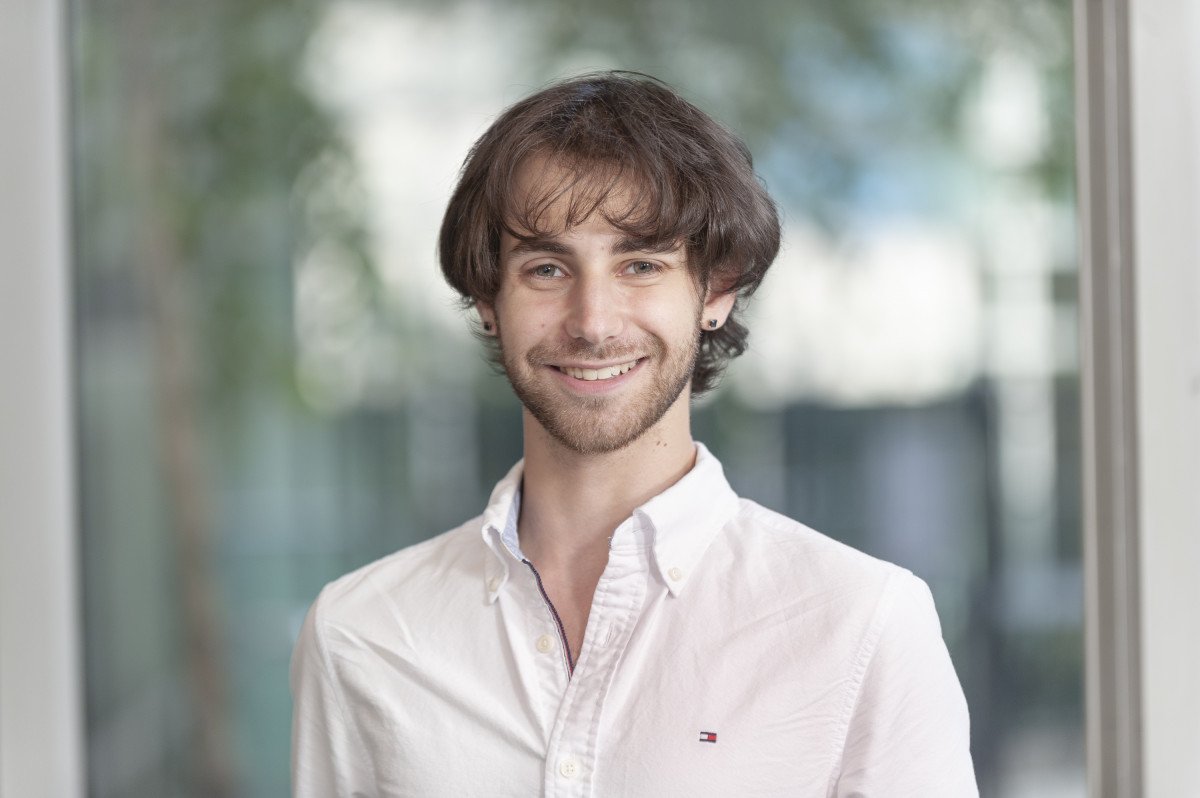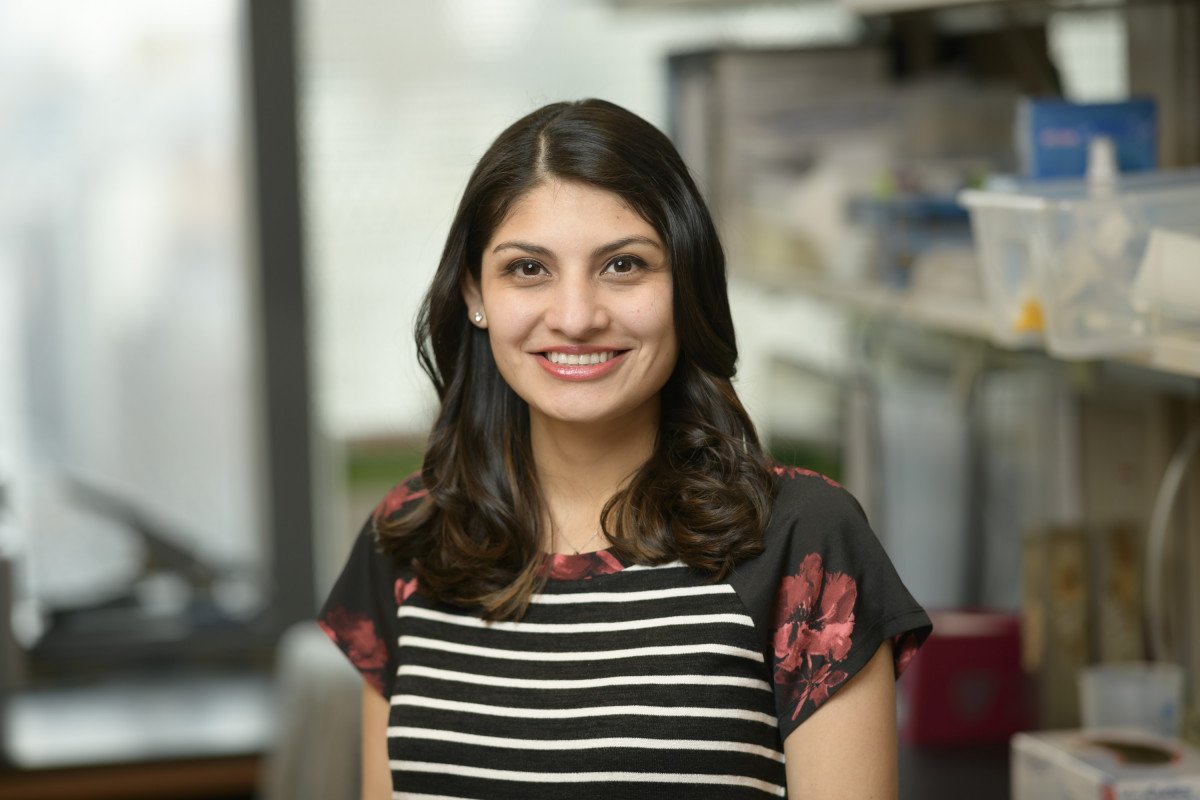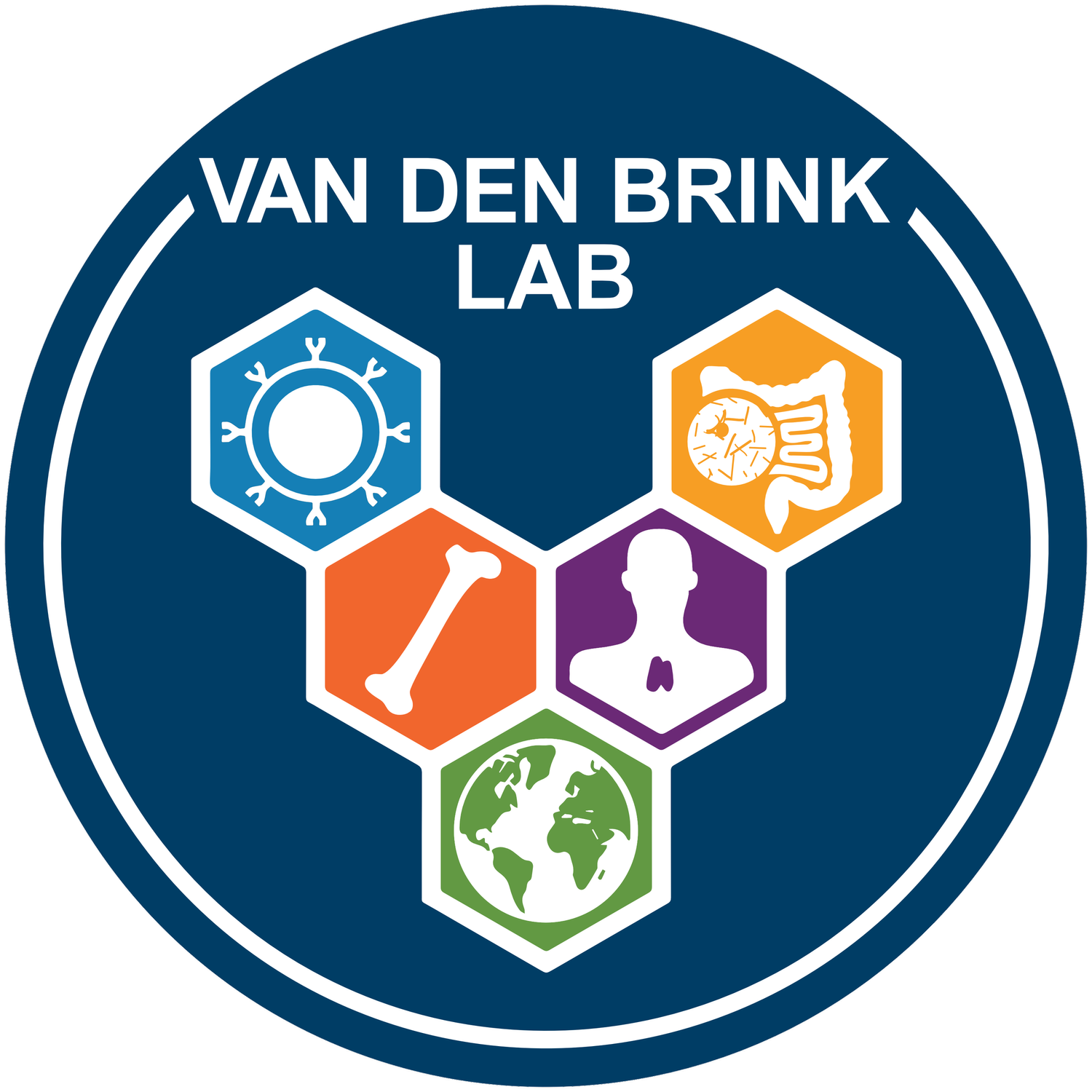CAR T Cell Group Projects
Allogeneic hematopoietic stem cell transplantation (allo-HSCT) is a potentially curative therapy for hematological malignancies. However graft-versus-host disease (GVHD) and relapse after allo-HSCT remain major causes of morbidity and mortality following transplant. Chimeric antigen receptors (CARs) are non-MHC-restricted T cell receptor-like constructs that confer novel antigen recognition capabilities to T cells, allowing them to proliferate and mediate anti-cancer activity in response to tumor cells. Clinical studies have shown that adoptive transfer of autologous T cells transduced with CARs targeting CD19, which is expressed on normal B cells and several B cell malignancies, is effective against CD19+ malignancies.
To assess the potential of allogeneic CD19 CAR T cells to prevent relapse after allo-HSCT, we are investigating the immunobiology of donor-derived CD19 CAR T cells in preclinical allo-HSCT and lymphoma models. We have generated retroviral vectors encoding mouse CD19-specific CAR T cells, similar to those currently in clinical trials. We have identified that donor CD19 CAR T cells exhibit potent graft-versus-lymphoma (GVL) activity but reduced GVHD activity — a finding that has also been demonstrated in clinical application of allogeneic donor T cells modified with CARs. These findings support the administration of donor CD19 CAR T cells to prevent relapse of CD19+ malignancies after allo-HSCT without increasing the risk for GVHD. Our future directions include delineating the mechanism of reduced GVHD potential of alloreactive T cells bearing CD19-specific CARs and generation of novel receptor constructs that have the potential to inhibit GVHD while retaining GVL.
Despite the successes of CAR T cells as a novel cellular therapeutic modality, many challenges remain that limit their activity. CAR molecules can tonically signal, which can promote tonic-signaling-induced T cell dysfunction and exhaustion. Additionally, repetitive antigen-induced CAR signaling can also promote T cell dysfunction and reduce CAR T cell persistence. In the tumor microenvironment, active immune-suppression strategies are utilized by malignant cells to impair T cell activity. Tumor cells can also lose or reduce the expression of CAR target antigen molecules, resulting in escape from CAR T cells. Finally, highly activated CAR T cells can promote toxicity via secretion of multiple cytokines or by recognition of response to tumor-associated antigens on normal, healthy tissues.
We have developed novel approaches to enable delivery and incorporation of large amounts of genetic information into T cells to enhance the number of incorporated transgenes, resulting in a greater number of engineered functions available to the cells. We have generated T cells expressing multiple CARs, able to simultaneously target multiple tumor-associated antigens to overcome antigen-loss/antigen-low tumor escape. These cells simultaneously express multiple receptors designed to convert immune suppressive signals delivered by activated T cells and tumor cells into positive costimulatory signals. We have also integrated multiple safety switches and have designed novel drug-regulated CAR molecules to enhance CAR T cell safety. Finally, we have developed methods to tune CAR signal strength to reduce toxicity and also reduce tonic signaling and antigen-dependent T cell dysfunction.
We are evaluating these novel approaches in syngeneic mouse models of acute lymphoblastic leukemia, B and T cell lymphoma, acute myeloid leukemia, and multiple myeloma. We are investigating syngeneic systems to better understand CAR T cell-mediated on-target, off-tumor toxicity and cytokine release syndromes as well as mechanisms leading to CAR T cell dysfunction. However, we are also developing novel CARs targeting human antigens associated with acute myeloid leukemia and multiple myeloma with the goal of developing novel human therapeutics.
CAR T Cell Research Group Members
-

Hana Andrlova, MD
Senior Research Scientist
-

Alexander (Alec) Boardman, MD
Hematology Oncology Fellow
-

Sophia Chen, MD
Senior Research Scientist
-

Harold Elias, MD
Research Fellow
-

Jacob Fischman
Senior Research Technician
-

Pamela Herrera (Hatfield)
PhD Student
-

Scott James, MD, PhD
Assistant Attending
-

Dylan Manuele
Research Technician
-

Alyssa Massa
Research Technician
-

Brandon Ng
PhD Student
-

Adhithi Rajagopalan, PhD
Research Fellow
-

Roni Shouval, MD, PhD
Assistant Attending

